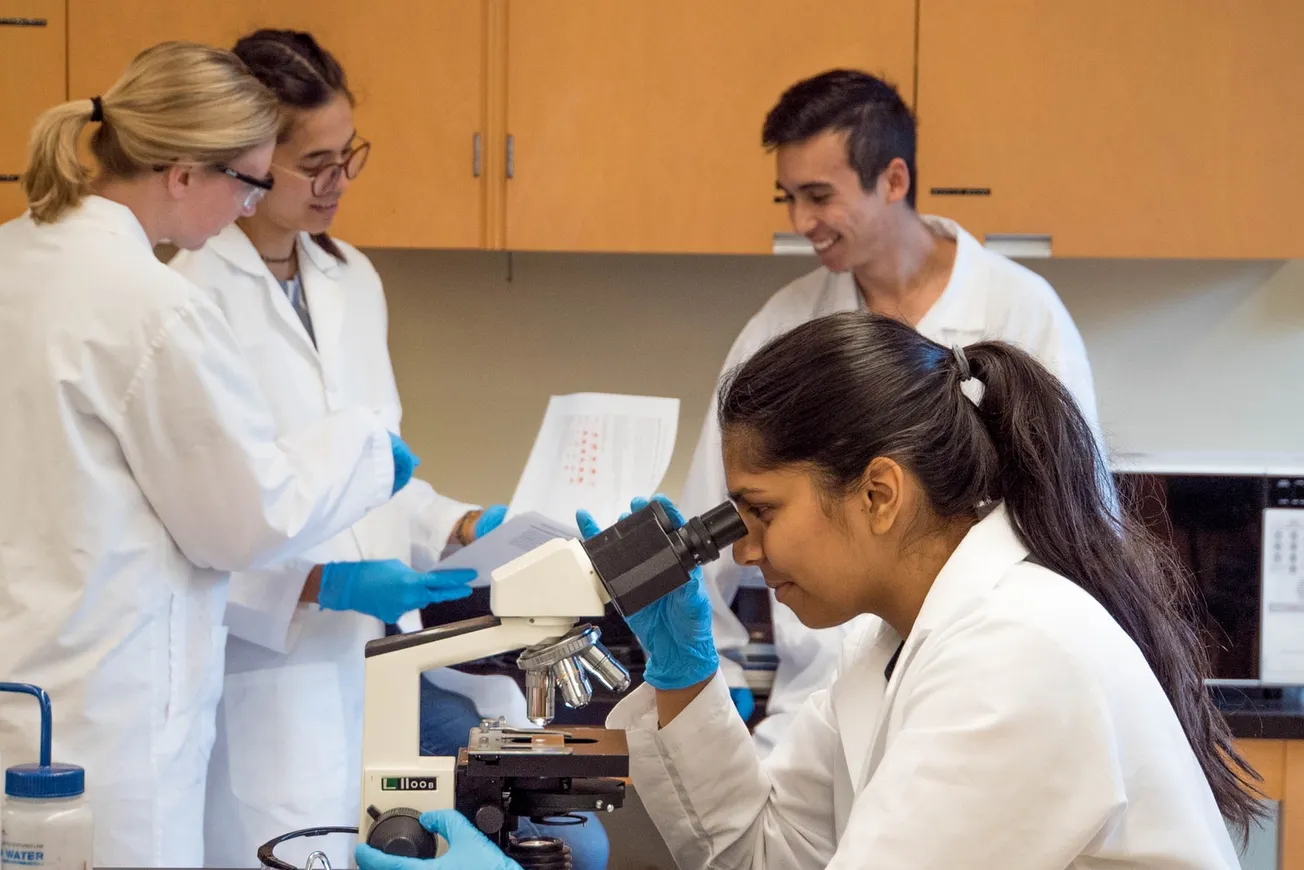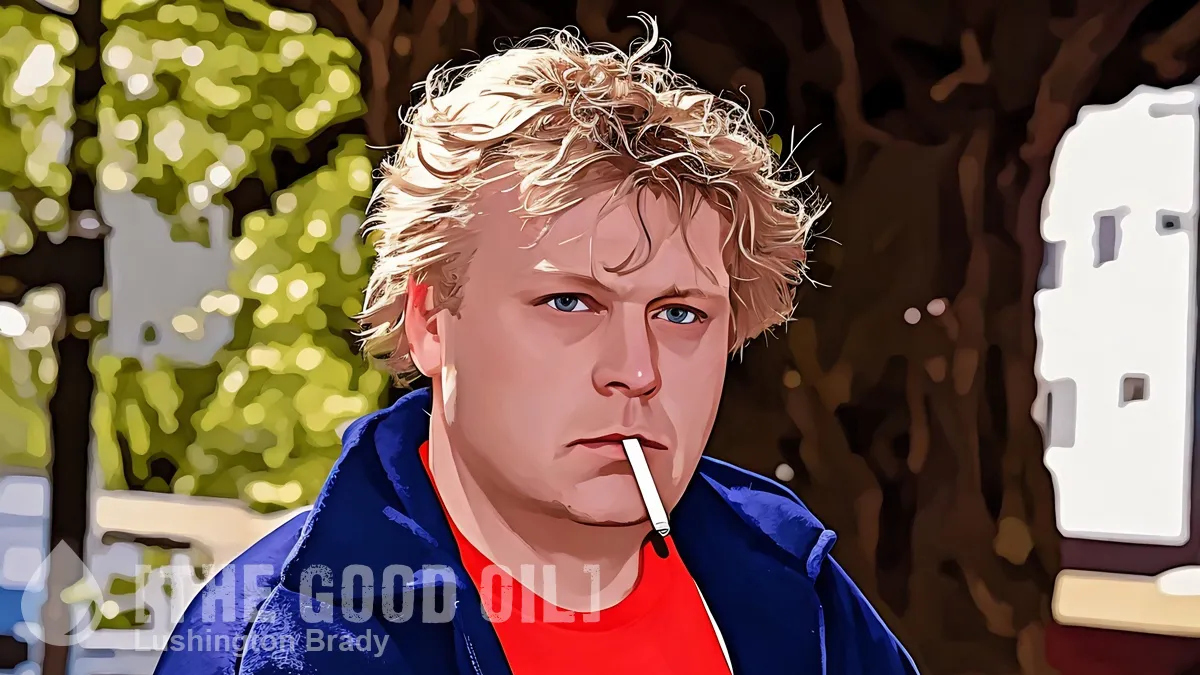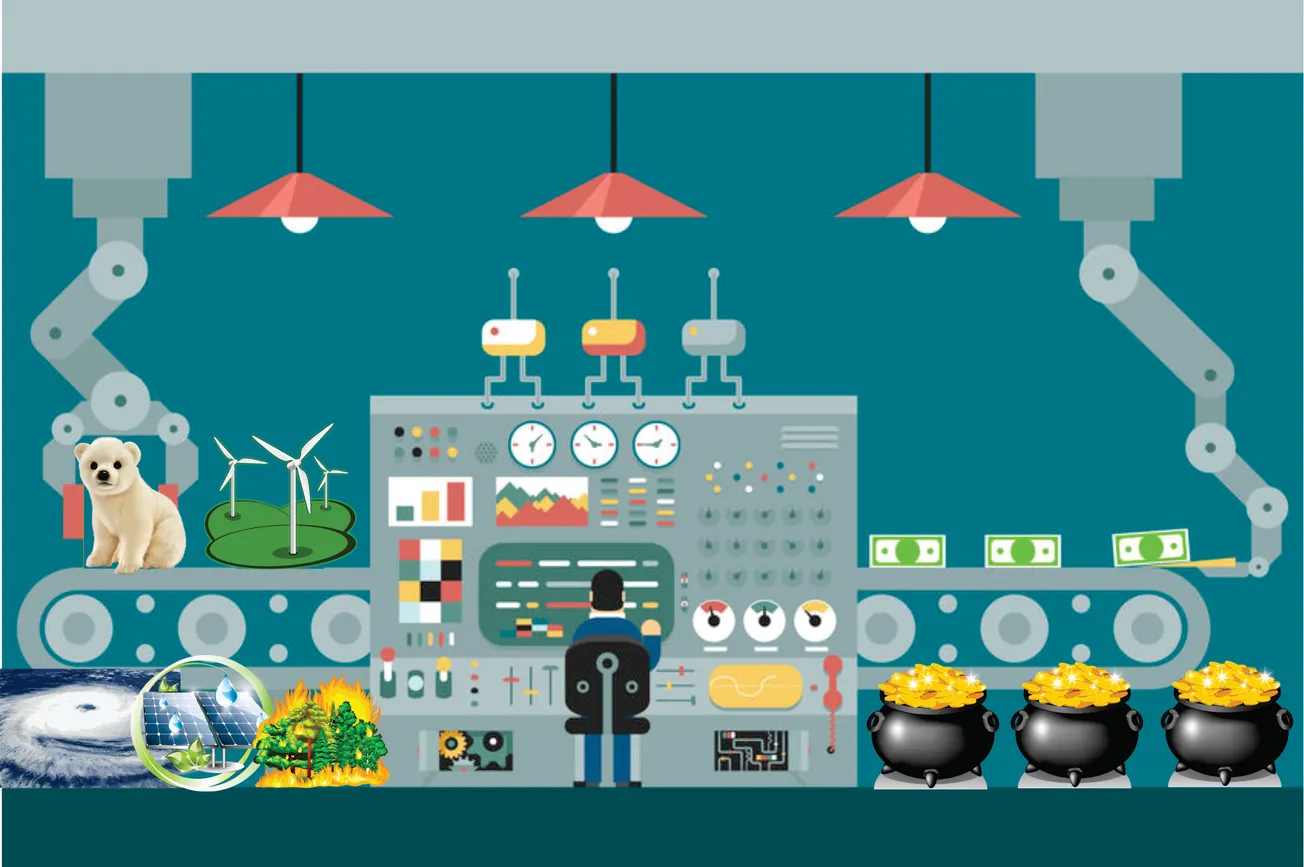Table of Contents
Hendrik van der Breggen
mercatornet.com
Hendrik van der Breggen, PhD, is a retired philosopher who lives in Steinbach, Manitoba, Canada. One of his interests is and has been the history and philosophy of science. He is double vaccinated, is inclined to think vaccinations are wise (depending on, in consultations with one’s doctor, whether one has a high-risk profile for Covid), but when it comes to Covid vaccine mandates (i.e., one-size-fits-all mandates for all) he thinks some reasonable doubt—healthy scepticism—is appropriate.

Public health options for dealing with the Covid-19 pandemic are always controversial. We welcome a diverse range of opinions. Publication does not necessarily reflect the official policy or views of MercatorNet.
In the past, I’ve written about reasonable scepticism about radical scepticism (I argue it’s not reasonable to be radically sceptical, i.e., we can know some truths), but today I would like to make a brief case for reasonable scepticism about science and medicine.
To be clear, I’m not advocating for a radical or absolute scepticism about science and medicine; rather, I’m simply wishing to encourage a reasonable pause concerning science and medicine—a healthy scepticism.
To be clear, too, I think science and medicine are awesome. Science is a wonderful tool for understanding the goings-on in the physical world, and medicine has helped us immensely to be healthy. I am grateful for science and medicine.
But I think history is awesome, too. The study of history helps us understand goings-on in the past. We learn from the past. And, as is well known, it’s wise not to repeat the mistakes of the past.
History, it seems to me, should provide at least some reasonable pause on contemporary claims of science and medicine. By reasonable pause, I mean (again) a healthy scepticism. Not an absolute or dogmatic or radical scepticism, but just taking time for some caution for when science and medicine are promoted seemingly as gospel truth (as when we are told repeatedly nowadays to “follow the science,” as if taking some time for caution is anti-truth or anti-science or just plain dumb).
Why do I say this? Here are some of my reasons—reasons from history.
A few hundred years ago in science, it was once considered “settled” that the earth was the centre of our solar system. But now, thanks to Copernicus and Galileo and many other scientists, we realize this is not true (i.e., the sun is the centre).
Not long ago, smoking cigarettes was considered fine—I remember advertisements featuring doctors promoting cigarettes. But now we realize that smoking has close causal connections with cancer.

Not long ago, too, the drug thalidomide was considered good and safe medicine for helping pregnant women deal with morning sickness. But now we realize that thalidomide caused deformities in thousands of children.
More recently, surgical “transitions” from female to male (and vice versa) were considered by many doctors to be safe and healthy. But now there is growing evidence this isn’t true. (See, for example, Abigail Shrier’s book Irreversible Damage: The Transgender Craze Seducing Our Daughters. Shrier argues that surgical transitions have serious harms.)
Also, abortion has been (and still is, sadly) considered “essential health care.” But now there is growing evidence that this isn’t true. (See, for example, my article “Is abortion really ‘essential health care’?” In this article I present evidence for thinking that well over 90 per cent of abortions are not needed medically.)
Moreover, in very recent history, medical groups such as Canada’s College of Physicians and Surgeons of Ontario (CPSO) have undermined public trust. For example, consider MAiD (“medical assistance in dying,” a euphemism for doctors killing patients). Doctors in Ontario who are now practising MAiD are falsely reporting cause of death on death certificates. Indeed, blatant lying is promoted—required—by the CPSO.
My evidence: According to the CPSO website on MAiD:
“When completing the death certificate physicians: a. must list the illness, disease, or disability leading to the request for MAID as the cause of death; and b. must not make any reference to MAID or the drugs administered on the death certificate.”
(Bold in original. Reference: See #23 of CPSO on MAiD.)
Again: Blatant lying is promoted—required—by the CPSO. Alarmingly, when it comes to MAiD, lying has become a norm of practice for the CPSO. A reasonable question for Canadians to ask is this: What else are doctors lying about?
Yes, indeed: What else are doctors lying about?
Consider the origins of the Coronavirus. At first, we were told by medical authorities that it originated in a wet market in Wuhan (and Facebook disallowed views to the contrary), but now it looks like it may have been a human-made virus that was leaked out of a Wuhan lab (a lab funded by the US National Institutes of Health).
Or consider Covid-19 anti-lockdown and other protests. Anti-lockdown protests were considered threats to public health because of Covid. But then, other protests occurred.
The New York Times reports Catherine L. Troisi, PhD, an epidemiologist at University of Texas, saying the following:
“I certainly condemned the anti-lockdown protests at the time, and I’m not condemning the [anti-racism] protests now, and I struggle with that… I have a hard time articulating why that is OK.”
Indeed. Apparently, some protests are more politically correct—and thus medically correct—than others.
The New York Times goes on to quote a letter signed by 1,300 epidemiologists and health workers:
“As public health advocates, we do not condemn these gatherings [i.e., anti-racist protests] as risky for Covid-19 transmission. We support them as vital to the national public health.”
Go figure.
Yes, the argument can be made that science and medicine are self-correcting as more data come in and as more investigations occur. This is important and good, truly.
But, as history shows, the fact is that the self-correction process takes time. In the meantime, when it comes to contemporary claims of science and medicine a pause for some reasonable doubt—healthy scepticism—is appropriate.

This content is licensed under a Creative Commons Attribution-NonCommercial-ShareAlike 4.0 International license.
Please share this article so that others can discover The BFD.









